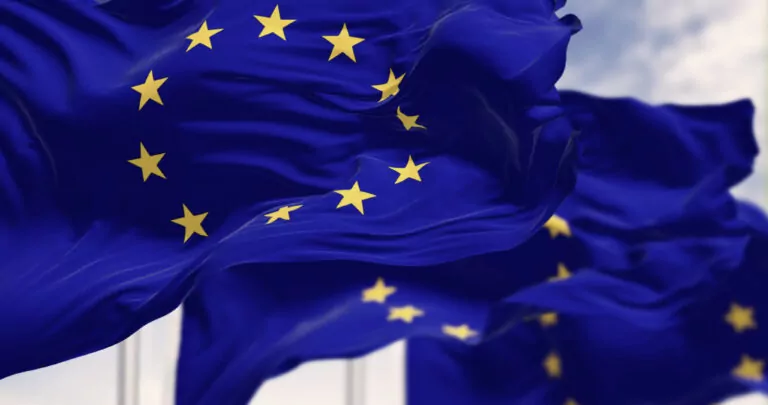Add to favorites:
Share:
The HORIZON-JU-CBE-2025-RIA-03 call focuses on developing alternative biomanufacturing routes for natural and synthetic rubber to enhance sustainability, circularity, and EU strategic autonomy. This research and innovation action (RIA) aligns with multiple EU strategies, including the EU Bioeconomy Strategy, Zero Pollution Action Plan, and the EU Industrial Strategy. The project aims to identify and optimize sources of rubber-bearing genetic backgrounds, develop bio-based production solutions with high yield and quality, and ensure compliance with EU sustainability regulations.
The European market heavily depends on imports of natural and fossil-based synthetic rubber. Natural rubber, a critical raw material, faces sustainability issues like deforestation, land use, and labor rights. Synthetic rubber, derived from fossil-based resources, contributes to environmental concerns. The initiative seeks to diversify sustainable rubber sources while reducing environmental impact and ensuring industrial competitiveness. Proposals should focus on plant-based sources with low ILUC, microbial biomanufacturing, and other biotechnological approaches.
The call encourages cross-disciplinary innovation, integration of research capacities, and addressing environmental challenges. Successful projects should enhance the availability of sustainable rubber sources, develop competitive and environmentally friendly production methods, and ensure that the final biomanufactured rubber meets market demands. Expected Technology Readiness Level (TRL) by the end of the project is TRL 4-5.
Opening: 04-04-2025
Deadline(s): 17-09-2025
Expected Outcome
• Increased availability of sustainable natural and synthetic rubber in the EU
• Improved industrial competitiveness and strategic autonomy in rubber production
• Environmentally sustainable and resource-efficient rubber manufacturing
• Development of biomanufactured rubber alternatives meeting market requirements
• Contribution to the EU Zero Pollution and Bioeconomy Strategy
• Compliance with deforestation-free product regulations
• Improved biodiversity and ecosystem protection in rubber supply systems
• Integration of sustainability and circularity criteria in rubber production
• Establishment of innovative bio-based value chains
• Strengthening research and innovation capacities across the EU
Scope
• Develop alternative biomanufacturing routes for natural and synthetic rubber
• Identify and characterize new sources of rubber-bearing genetic materials (plants, microbes, etc.)
• Implement low-ILUC solutions for plant-based rubber sources
• Develop high-yield bio-based production processes for elastomers
• Improve EU-based production, extraction, and processing of bio-based rubber
• Ensure high resource efficiency and environmental performance
• Prevent microplastic release and lower overall environmental impact
• Contribute to global discussions on sustainable rubber development
• Align with EU regulations on deforestation-free products
• Support the EU's strategic autonomy in critical raw materials

